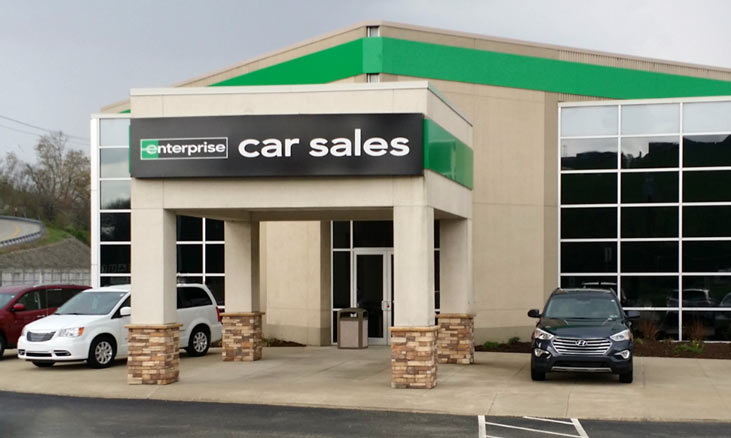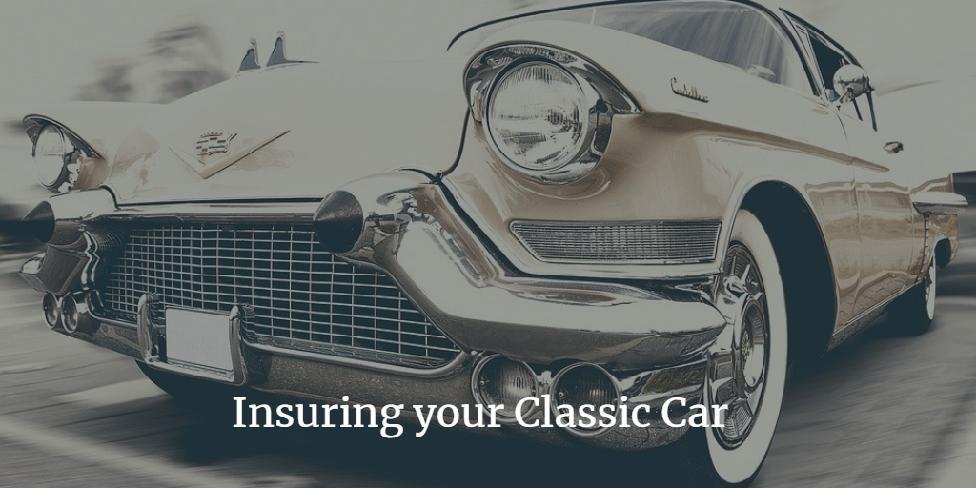
Did you know owning a classic car can provide serious financial savings? Not only could you spend less on repairs and maintenance, but classic car insurance may offer you more competitive rates than regular coverage if you're looking for car insurance.
But how does classic car insurance work? In this post, we'll discuss the basics of classic automotive coverage to help determine if it's right for your vintage ride.
An Overview of Classic Car Insurance
Classic car insurance is a specialised coverage option for vintage automobiles. It protects against the unique risks associated with owning and operating these vehicles. While it can be more expensive than regular auto insurance, classic car insurance often comes with added benefits such as lower deductibles, agreed value in the event of a loss, and even roadside assistance when needed.
Before selecting classic car insurance, you should assess the value of your vehicle and any modifications or upgrades you may have made to enhance its performance or appearance. Knowing the true value of your vehicle will help ensure you have sufficient coverage in case of theft or damage. Some classic car insurers also offer additional discounts to policyholders who install approved safety features on their cars (such as anti-theft devices or GPS trackers).
Another important factor to consider when purchasing classic car insurance is the type of usage for which you'll be using your vehicle. Some insurers limit coverage to pleasure driving or parades, while others may allow you to use the car for business purposes, such as delivering products or services. Knowing what kind of use your policy will cover can help you choose a policy that best suits your needs.
What Qualifies as a 'Classic' Car
To qualify as a 'classic' car, a vehicle must usually meet certain criteria, including age, value, and condition. Generally, most classic cars are at least 25 years old and well-preserved with minimal wear and tear or modifications. These vehicles also often hold significant historic value or represent an iconic era in automotive design, such as muscle cars or hot rods from the 1950s and 1960s.
In addition to these factors, some insurers may require you to provide evidence of your ownership status for the car through registration documents or other records. Insurance companies also typically require extra care when maintaining classic vehicles, such as regular oil changes and tune-ups. Finally, most classic car insurers will require you to store the vehicle securely when not in use.
Although classic cars are more expensive than regular vehicles, owning one can give you access to speciality auto insurance that could offer you significant savings on your coverage need. Before selecting a policy, it's important to look honestly at your car and understand what type of insurance coverage best suits your needs. Doing so can help ensure that your classic ride is properly protected should any unfortunate event occur.
The Benefits of Classic Car Insurance
The benefits of classic car insurance are numerous. For starters, these policies often offer lower deductibles than regular auto insurance and provide agreed-value coverage in the event of a total loss. If your vehicle is damaged beyond repair or stolen, you’ll receive the full amount of the policy’s agreed value rather than a pro-rated share based on the current market value.
Classic car insurance also provides roadside assistance if you are stranded with an issue that can’t be solved immediately. This may include towing services, flat tire repairs, jump starts, and more - all at no extra cost.
In addition to offering comprehensive coverage options for classic vehicles, many insurers offer discounts for policyholders who install approved safety features on their cars. These may include anti-theft devices such as immobilisers, alarms, and GPS trackers that can help prevent theft or reduce the cost of your coverage if you’re found to be at fault in an accident.
Finally, classic car insurance policies often come with additional benefits unique to vintage automobiles. These may include the option to use authentic parts for repairs and even cover the cost of entering parades or other events sponsored by classic car owners' associations.
Comparison Shopping for the Best Insurance Plan
When finding the best classic car insurance plan, comparison shopping is key. With so many options available, you'll want to ensure you get the most comprehensive coverage for your money.
Start by researching different auto insurance companies and comparing their policies online. You can compare coverages, prices, customer reviews, and other features to understand which insurer offers the best value for your classic vehicle.
You should also consider taking advantage of discounts that some insurers may offer. Many companies offer discounts for policyholders who install approved safety features on their cars (such as anti-theft devices or GPS trackers). Other potential savings might include a reduced rate if you’ve taken a driver’s education course or have a clean driving record.
When deciding on the right plan, make sure to read through the policy agreement closely and ask your insurer any questions you may have before signing. This includes double-checking that all of your classic car's modifications are covered in the event of an accident.
Tips for Managing Your Classic Car Insurance Policy
Classic car insurance policies are a great way to save money and protect your vintage ride, but they can also come with some unique challenges. Here are a few tips for managing your classic car insurance policy:
- Ensure you keep an accurate record of all maintenance and repair costs associated with your classic vehicle. This information will be important if you ever need to file a claim or change your policy.
- If you’re storing the vehicle during off-season months, purchase additional coverage to cover any potential theft or vandalism that may occur while it’s inactive.
- To avoid paying more than necessary for your premiums, always compare shops between different insurers and take advantage of any discounts they offer.
- Regularly review your policy to ensure all modifications, upgrades, and other details are correctly documented with your insurer.
- If you’re a member of a classic car owners' association, check to see if they have any special deals or discounts available from insurers for their members.
FAQs
Q: What is classic car insurance?
A: Classic car insurance is specialised coverage for vehicles considered “classic” or “collectable.” These cars may require special attention and protection due to their age, rarity, or value. Classic car insurance tends to be more affordable than regular auto insurance since the vehicles are typically not driven daily.
Q: How do I determine if my vehicle qualifies for classic car insurance?
A: Insurers have different requirements for what they consider a “classic” or “collectable” vehicle. Generally speaking, a vehicle must meet certain criteria, such as low annual mileage and being at least 15 years old. Additionally, some policies may require the vehicle to be in a “roadworthy” condition.
Q: Does classic car insurance cover accidents and theft?
A: Yes, most policies will protect you if your vehicle is involved in an accident or stolen. However, it’s important to note that your compensation may vary depending on the policy details and whether or not the vehicle can be repaired or replaced.
Conclusion
Classic car insurance offers an affordable and comprehensive way to protect your vintage ride. By understanding how the policies work and researching different insurers, you can find the right coverage for your needs. Additionally, by taking advantage of discounts and keeping a record of any modifications or upgrades to your vehicle, you can ensure that you’re getting the most out of your policy.





